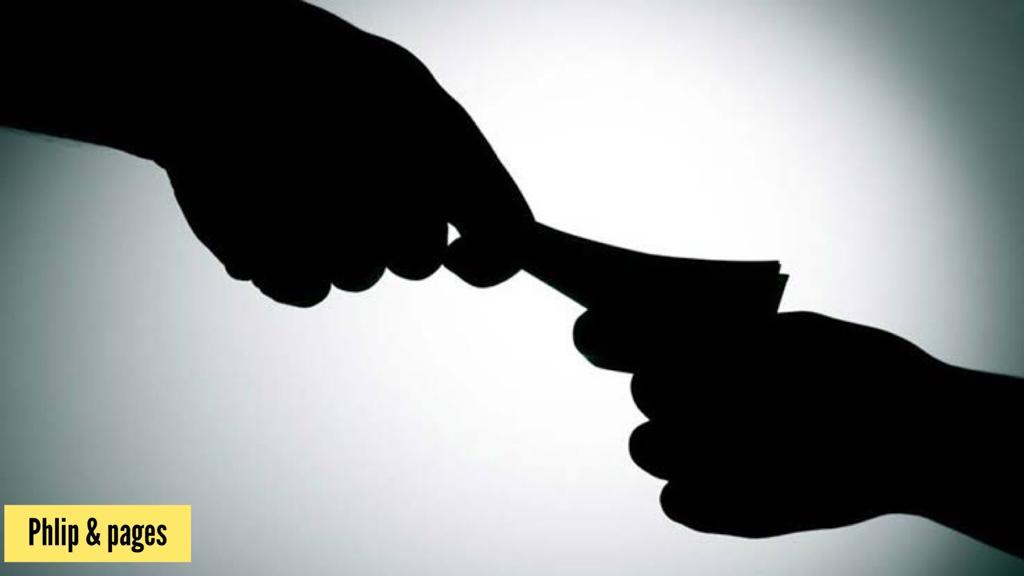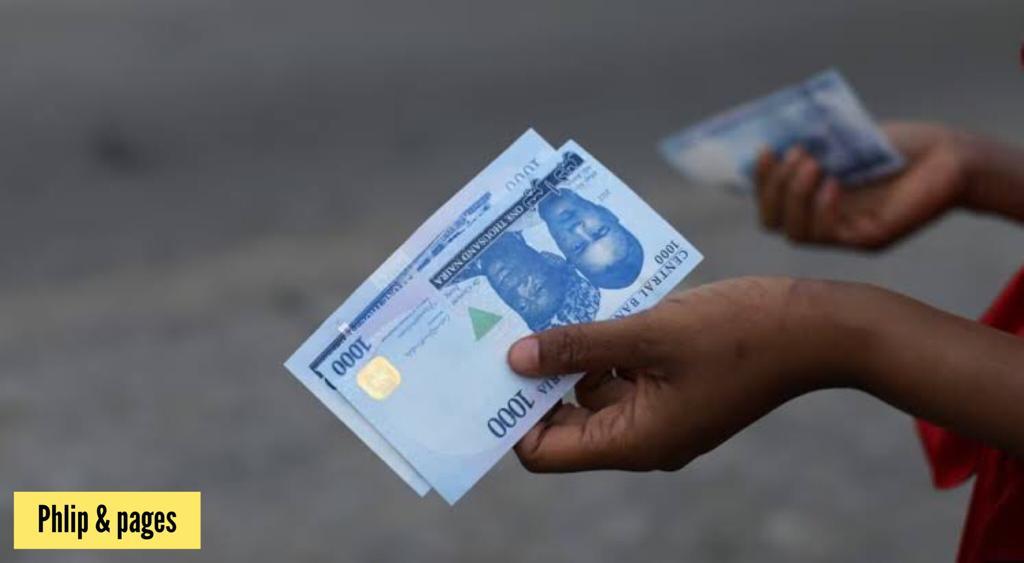Nigeria has been plagued by electoral malpractice for decades, which has resulted in a lack of trust in the democratic process. In recent years, however, there have been attempts to reform the electoral system to enhance democracy and governance.

Another area where reform is needed is campaign finance regulation. Currently, there are no limits on how much money political candidates can spend during elections leading to corruption practices like vote buying & undue influence over electorate often observed during polls held across country reflecting deeper structural flaws embedded within current governance structures prevailing nationwide! These corrupt practices undermine democracy by allowing wealthy individuals or groups to exert undue influence over elected officials thereby subverting will masses expressed through ballot boxes thus impairing quality decision-making processes further worsening socio-economic conditions prevailing throughout entire nation reflective changing global trends emerging ahead us all around today too!
Corruption and Accountability in Nigerian Politics:

Corruption remains one of the biggest challenges facing Nigerian politics. It creates a culture of impunity among politicians who feel they can act with impunity without fear of consequences; this leads to poor governance affecting development outcomes negatively especially amongst poorest segments society whilst benefiting only few at top echelons pyramid leaving majority deprived off opportunities bring about positive changes within their communities reflected through higher poverty rates low human development indices observed nationwide! The fight against corruption must be intensified by strengthening institutions responsible for ensuring accountability while promoting transparency across all sectors including public private domains alike thereby creating level playing field conducive towards sustainable socio-economic transformation benefiting individuals communities alike reflecting new realities emerging ahead us all around today too!
In conclusion, electoral reforms are a critical step towards enhancing democracy and governance in Nigeria. The use of EVMs has proven effective in reducing incidents of voter fraud, while campaign finance regulation can help curb corrupt practices like vote buying & undue influence over electorate often observed during polls held across country reflective deeper structural flaws embedded within current governance structures prevailing nationwide! However, more needs to be done to tackle corruption and promote accountability in Nigerian politics as it remains one of the biggest challenges facing development efforts aimed at bringing prosperity closer than ever before possible otherwise achieved under same circumstances prevailing earlier upon which interventions need be done differently now reflecting new realities emerging ahead us all around today too!
















